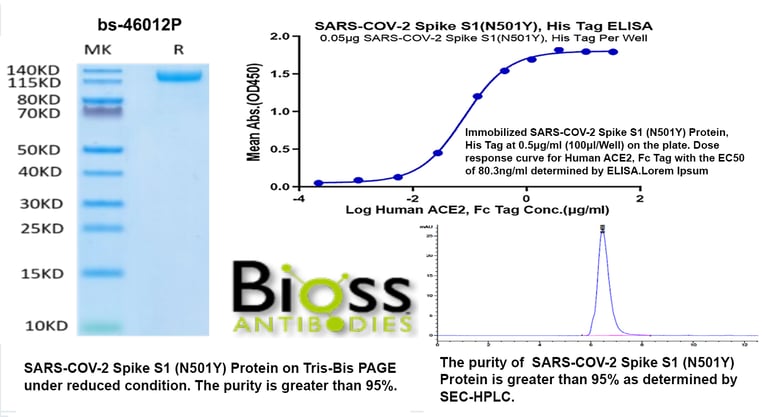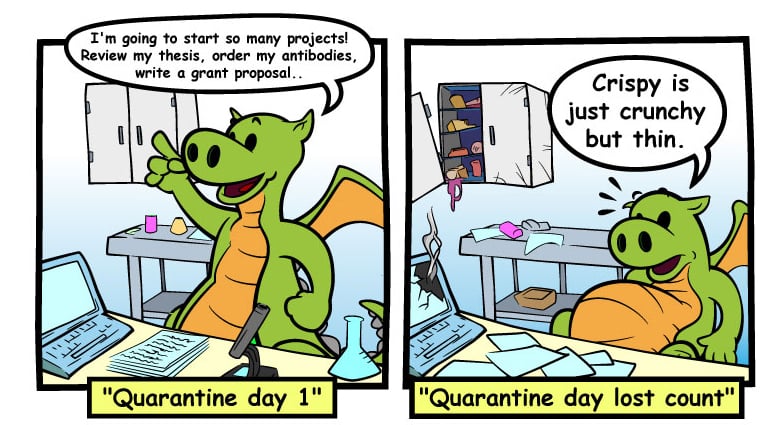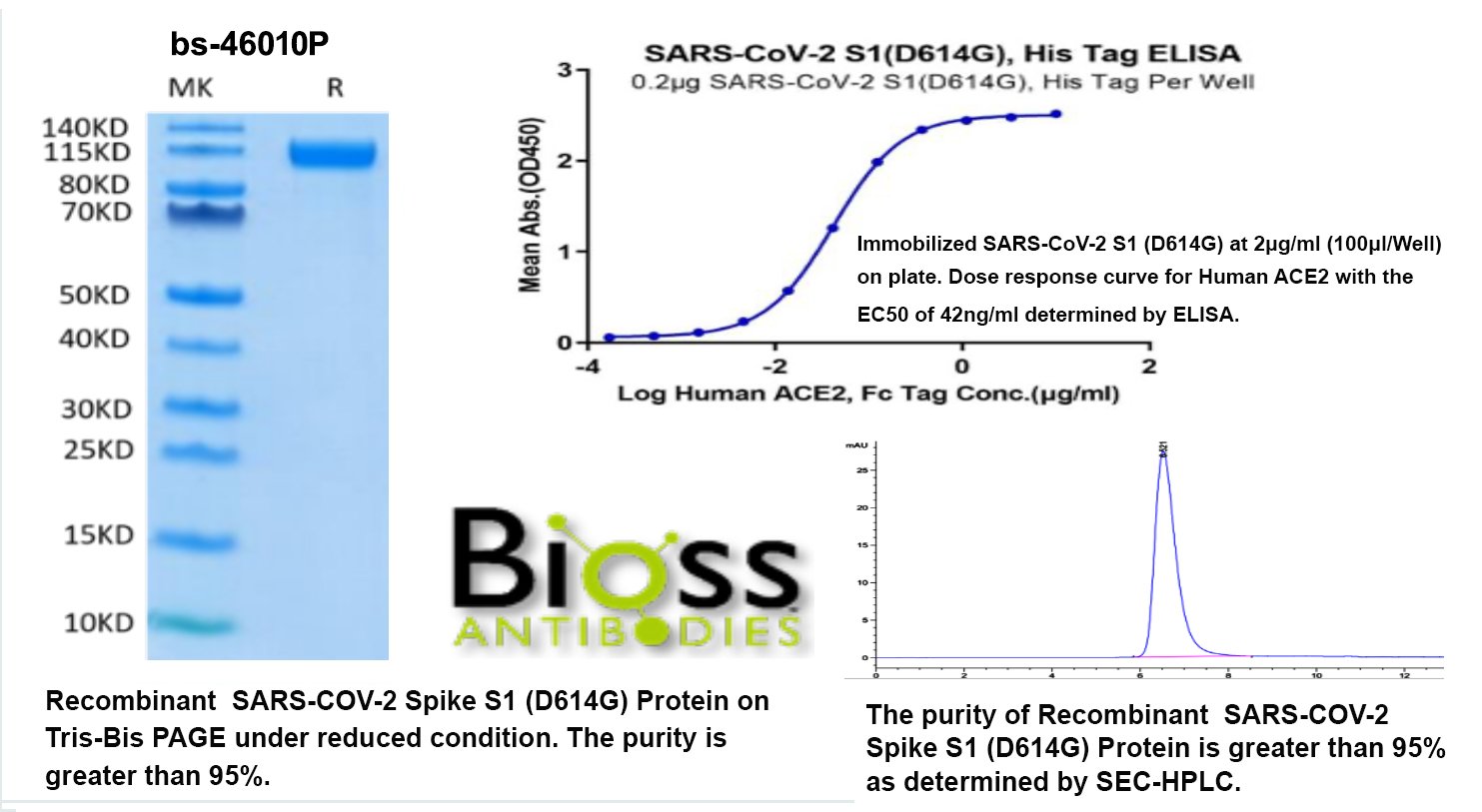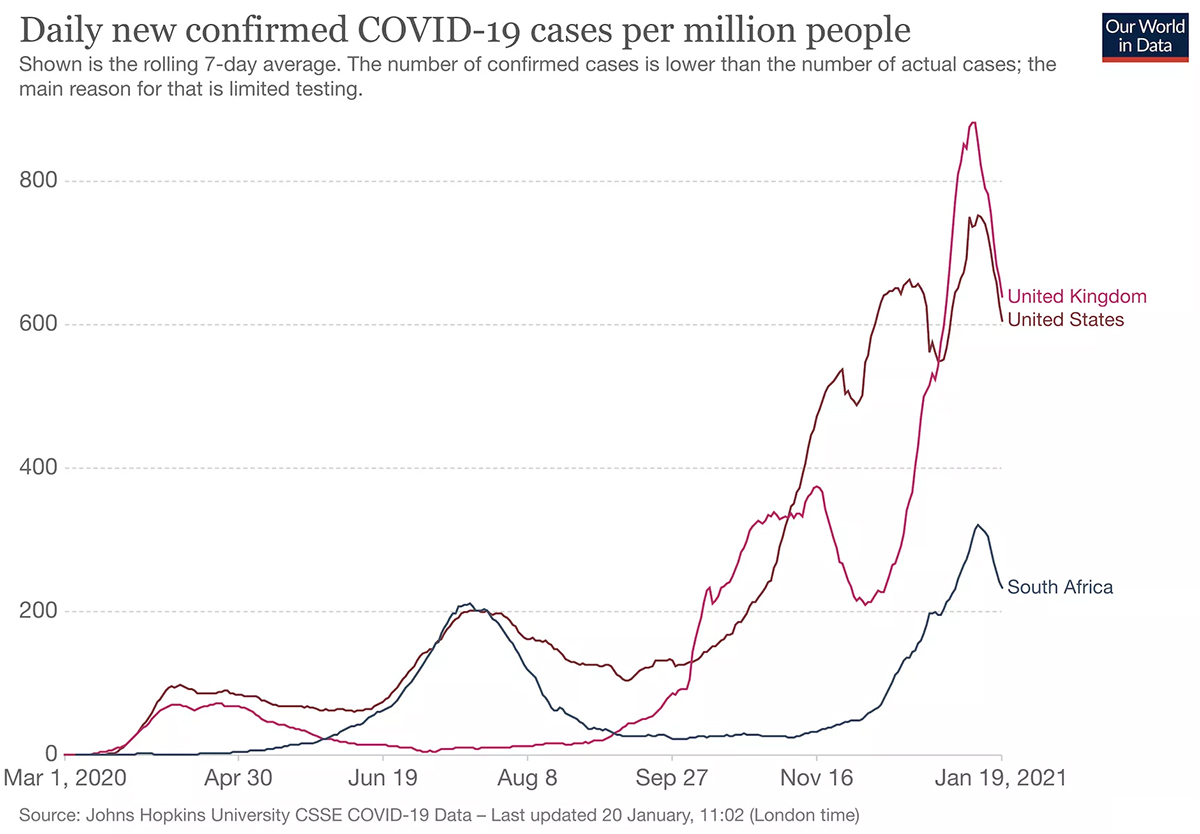Viruses are always mutating to evade prevention and treatment to better survive in the host. Thousands of the SARS-CoV-2 variants have been identified, and we won't be surprised to see more. To date, the more clinically significant variants include those in the UK, South Africa, and Brazil, which are highly transmissible and have raised concerns, in particular, about whether current available vaccines are effective against them. Here, we gave a general summary to address your concerns.

Brazilian Variant (P.1)
When and where was it found?
This Variant was first identified in July 2020 in Brazil (mainly Rio de Janeiro). Then Japanese researchers discovered the Variant in early January 2021 among travelers from Brazil to Japan. But today in America...
Where are they now?
It has been confirmed in Brazil, Peru, Germany, South Korea, and Japan. On January 25, 2021, Minnesota health officials confirmed the Brazilian Variant's first case in the United States in a resident who recently traveled to Brazil.
What makes it different?
The Variant had more than a dozen different structural changes, some of which occurred in the virus's spike protein, which the virus uses to bind to human cells. As a result, researchers believe the mutated strain is likely to become more transmissible. Some early evidence suggests that current antibodies may not recognize the P.1 variant, leading to reinfection.
Will the vaccines work?
There is no strong evidence that the mRNA-based vaccines do not work with the Brazilian Variant. However, scientists have raised the possibility that the Variant could evade antibodies, which could affect vaccines' effectiveness against the Variant. As a result, be careful to avoid the potential infection with the Brazilian Variant.
British Variant (B.1.1.7)
When and where was it found?
The Variant was first discovered in the United Kingdom in September 2020, specifically in London and nearby Kent. So it's sometimes referred to as the "Kent" variant. Since December 2020, it has spread rapidly in the UK, Denmark, and Ireland.
Where are they now?
Lots of the mutation cases have been identified in dozens of countries, including the United States, and have been found in nearly every major American city. The Centers for Disease Control and Prevention (CDC) predicts that this Variant will become the dominant strain in the United States.
What makes it different?
The British Variant appears to spread more quickly than the more common strain. Boris Johnson, the British prime minister, also suggested that the Variant could be more lethal than other mutations for the first time in January.
Will the vaccines work?
The scientific consensus is that vaccines will continue to be effective against this mutation because these vaccinations trigger a series of neutralizing antibodies and other immune system responses. Biotech companies Pfizer and Moderna say their vaccines appear to work against the mutation. That's the good news. Get vaccinated.

South African Variant (501Y.V2)
When and where was it found?
The mutation was discovered in early October 2020 in South Africa and officially announced in December 2020. At the time, South Africa's health minister said the strain affected young people more than other strains. The mutation led to a surge in infections and hospitalizations across South Africa.
Where are they now?
The mutation has been found in more than two countries, including Canada, Australia and Israel, but not yet in the United States. However, its absence does not mean it does not exist.
What makes it different?
The mutation has some similarities to the UK variant (N501Y) and Brazilian variant (E485K), and appears to spread more easily. There is no evidence that it is more deadly. Scott Gottlieb, a former head of the U.S. Food and Drug Administration, said the Variant might be more resistant to antibody therapy.
Will the vaccines work?
Dr. Anthony Fauci, Chief Medical Adviser on COVID-19, said in January 2021 that the vaccine might be less effective against this Variant, but it might still be effective. Moderna says its vaccine protects against the South African mutation, but with an important caveat: The vaccine-induced antibodies were also found to be less effective in neutralized lab dishes, which is mixed news......
Danish Variant (L452R)
When and where was it found?
This Variant was detected in Denmark in March 2020.
Where are they now?
The mutation has spread throughout Northern California and has been linked to an outbreak in nursing homes, prisons, and hospitals in the San Jose area. It has been confirmed in southern California and more than a dozen other states.
What makes it different?
It is not known whether the coronavirus strain is more transmissible or lethal than the dominant mutation.
Will the vaccines work?
Some scientists believe this mutation may be more resistant to vaccines because it is present in the spike proteins, which allows the virus to attach to cells. But scientists also say more research is needed before any conclusions can be drawn. The news is not so good similar to the Brazilian Variant.

G variant (D614G)
When and where was it found?
The mutation, known simply as "G" by scientists, was discovered in China and Italy in January 2020. It quickly spread to New York City and Europe.
Where are they now?
"G" mutations are everywhere. By July 2020, there were 50,000 coronavirus genomes uploaded to a shared database by researchers worldwide, and about 70% of them carried the mutation.
What makes it different?
This mutation is also present in the spike protein, which allows the virus to bind and infect human cells. Some scientists believe this mutation spreads more easily than its ancestral strain in the younger age of patients.
Will the vaccines work?
When the vaccines were developed in 2020, the G variant had been the dominant strain. Pfizer and Moderna vaccines showed 95% efficacy in trials, indicating the vaccine effectiveness on this mutant.
Public Health Advice
While mutations of SARS-CoV-2 are expected, it is important to continue to monitor the public health implications of new virus variants. Any increased in transmissibility associated with SARS-CoV-2 variants could make control more difficult. Current disease control measures recommended by WHO continue to be effective and should be adapted in response to increasing disease incidence, whether associated with a new variant or not. Prevention advice and communications for the public should be further strengthened, including precautions to protect yourself and others such as physical distancing, wearing a mask, keeping rooms well ventilated, avoiding crowds, cleaning hands, and coughing into a bent elbow or tissue.
--------------------------------------------------------------------------
Further reading
1. https://nymag.com/intelligencer/article/what-we-know-about-the-p1-variant-of-the-coronavirus.html
2. https://www.nature.com/articles/d41586-021-00121-z
3. https://www.cdc.gov/coronavirus/2019-ncov/transmission/variant-cases.html
